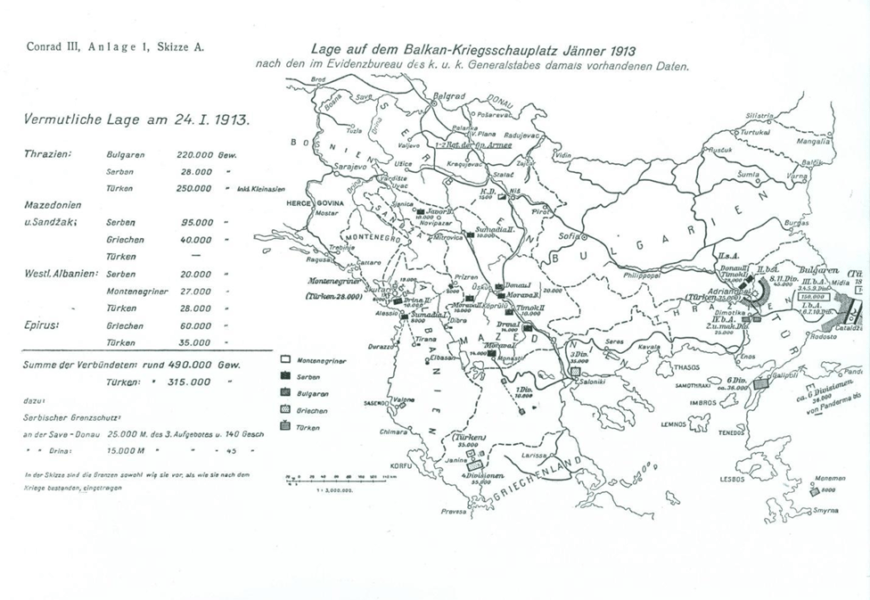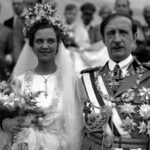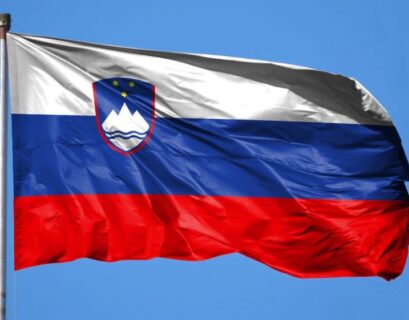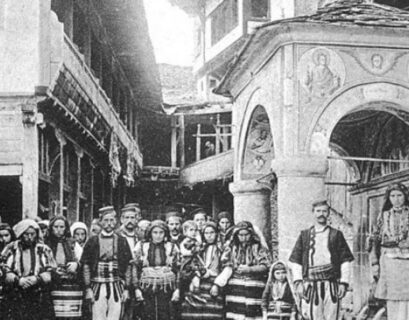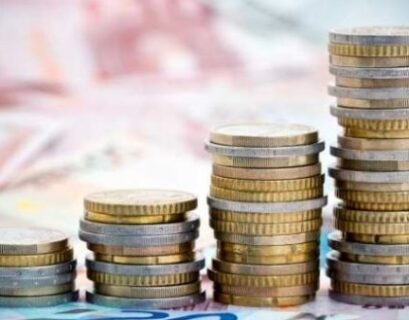The role of Austria-Hungary in the independence of Albania
Not only specifically in Albanian literature, but on the international stage too — that which pertains to the developments related to the declaration of Albanian independence contains in many cases unclear or incorrect data. However, we must say that during the last years, there have been many papers, even Ph.D. thesis, that either did not bring anything new, or were kept “closed” and unpublicized, due to the fact that the authors were aware of their scientific limits. So, the situation of historiographic studies has remained in a kind of a status quo. In some cases the level of scientific feed has been lower than during the period of the socialist and monist systems. Although the science of the last two decades has formally managed to be free of any state control over the way the history is written in Prishtina, Tirana, and Tetovo, it did not manage to break old cliches. Written history has not been able to surpass the traditional ideological course of the theory of social sciences.
Therefore a detailed analysis, absent of any selection and factual instrumentalisation, has been missing of all of the factors that brought about the moment of independence of the Albanian state. It has happened that three merits were given either to one internal factor, or a national hero. But due to this absence, we have not been rightfully, deservedly, acknowledged by Austria-Hungary, which played the most important role of all of the actors in the foundation of the Albanian state.
As a result, there are few scientific works or commentaries that go beyond the old cliches and challenge the traditional interpretation — many events or historical figures still remain taboo. Data taken fromWestern archives provide us with answers to various issues and present opportunities to reconstruct the local and international events that led to the proclamation of Albanian independence. This writing is mainly based on the data taken from the Austro-Hungarian archives at the State Archive in Vienna and the Ministry of Foreign Affairs in Berlin. The aim is to provide a paper that goes beyond the “stereotypes” of the Albanian historiography, and pushes a different interpretation of the historical events during the period leading up to the independence of Albania. The goal is to stimulate scientific debates of a quality that will revise the usual interpretations — and at the same time will offer orientation for the readers and studies of this historical period. I am not pretending to give a sole answer, let alone the final one. Therefore, I will try to unveil the significance of Austro-Hungarian diplomacy in the proclamation of Albanian independence. I will also highlight the key role of the anti-Ottoman uprising in Kosovo. I would even consider this paper an attempt to deepen my knowledge within the broader theme of heroism.
